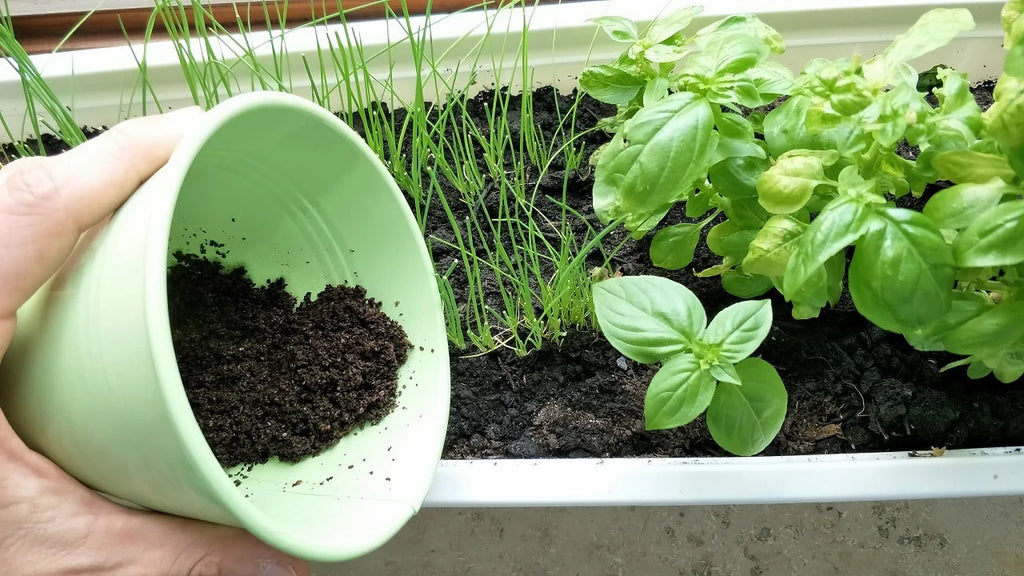How to Use Coffee Grounds in Your Garden
Coffee is a life source for many people. If you make it every day, you’ve probably dealt with tossing the grounds in the trash. But, did you know that you can give your coffee grounds a second life by using them in your garden?
Many environmentally conscious gardeners love to recycle coffee grounds by using them in their gardens. Unfortunately, many end up doing it wrong and have to see their plants suffer the consequences. If you’re ready to take the jump, you have to know how to use coffee grounds in your garden the right way.
Do People Use Coffee Grounds in Their Garden?
Yes! Using spent coffee grounds like mulch is a popular practice for conscientious gardeners looking to reduce coffee waste and use organic materials in their gardens. If you’re constantly tossing coffee grounds in the trash, using them to develop your green thumb is a great way to reduce waste and recycle. Some coffee shops even bag up their grounds for gardeners to use.
What the Research Says
People give various reasons for using coffee grounds in the garden. Some say it repels cats. Others say it increases the acidity of your soil, while others suggest that the coffee grounds can attract earthworms to your soil. Unfortunately, most of these are just tall tales. The real research says something different.
One 2016 Australian study found that using spent coffee grounds to grow five plants (broccoli, leek, radish, viola, and sunflower) stunted their growth. However, other research has pointed to coffee grounds enhancing the growth of other plants, such as soybeans. There’s also some evidence to suggest that coffee grounds can prevent weeds from overwhelming your garden.
Tips for Using Coffee Grounds in Your Garden
While coffee beans may not cause your plants to shoot up three feet overnight, they’re still a useful organic material that you can take advantage of in your garden. You just need to know the right way to use them.
Organic Coffee for Your Garden
Using coffee grounds in your garden is a great way to recycle some of your everyday waste. It can also lead to some great results if you do it correctly! If you really want to take advantage of this environmentally friendly practice, use organic coffee as the perfect blend for your organic mulch.
At Taylor Lane, our roastmasters select top-tier, organic, fair trade beans from the best farms around the world to create different blends for every coffee drinker. We aim to create something for everyone, from sweet and fruity light roasts to bold and brooding dark roasts and everything in between. Every coffee we make is organic, and every product we sell has our signature Sonoma County touch. Shop our coffee products now to find the perfect organic coffee for your morning (and garden)!